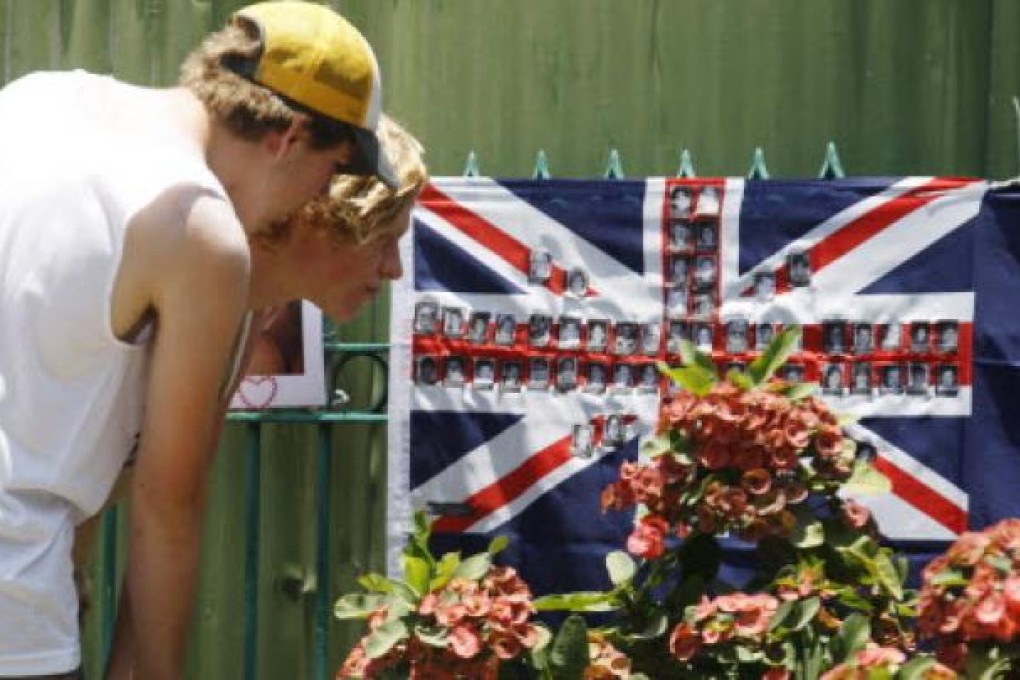
A decade after suicide bombers brought carnage to Indonesia’s resort island of Bali, survivors have returned to the scene for a commemoration service with many determined to finally banish memories of an atrocity that left 202 dead.
Australian Peter Hughes, 52, suffered more than 50 per cent burns after a bomber detonated a device in Paddy’s Bar, forcing dazed survivors into the street where many were hit by a second explosion from a minivan parked on the opposite side of the road.
The blasts, which killed 164 foreigners including 88 Australians, changed Hughes’s life forever. Burn scars creep across his limbs and face, a brutal testimony to the horrors of that night.
He spent two weeks in a coma and was declared dead three times before medics revived him – a remarkable survival he attributes to a desire to live for his son, who has accompanied him to Bali for Friday’s memorial service, which will be attended by Australian Prime Minister Julia Gillard.
“I was at Paddy’s Bar with three of my mates. I was walking to the bar to pick up my Bintang beer when I heard the explosion and saw flames coming at me,” he said.
As he ran out off the blast, the second more powerful explosion outside the Sari Club knocked Hughes back along with a woman he had helped up off the floor, scorching his body with flames and showering him with glass and shrapnel.